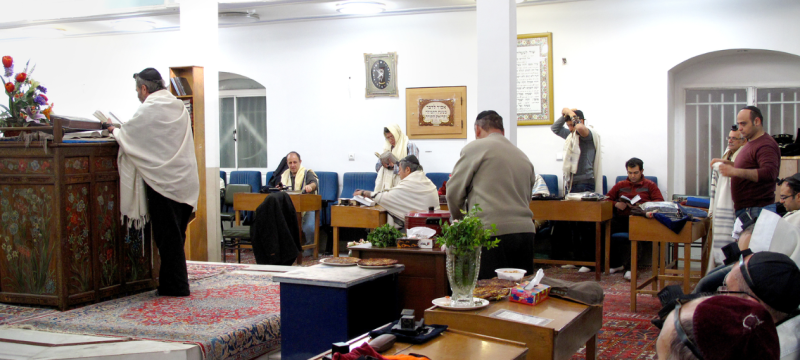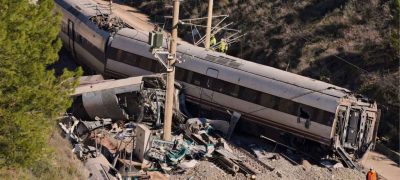As Israeli strikes hit targets inside Iran, concerns are mounting over the safety of the country’s historic Jewish population — the second-largest in the Middle East after Israel. With an estimated 17,000 to 25,000 Jews, mainly in cities like Tehran, Isfahan, Shiraz, Hamedan, and Tabriz, the community is confronting fresh fears amid rising regional tensions.
Despite political strains, Iran’s Jewish citizens retain cultural and religious freedoms, with over 50 synagogues in Tehran and representation in the Iranian parliament. In Isfahan, a prominent synagogue stands next to the Al Aqsa mosque — a powerful symbol of historical coexistence.
Also Read: Iran Launches Tenth Wave of Strikes on Israel, Vows Punitive Operations Ahead
Jewish roots in Iran stretch back nearly 2,700 years, with heritage sites like the tombs of Queen Esther and Mordechai in Hamedan. Iran has also historically offered refuge to Jews fleeing the Spanish Inquisition and the Holocaust, although periods of forced conversion and post-revolution emigration have taken their toll.
Now, as the military conflict escalates, community leaders warn that renewed violence could threaten sacred sites, cultural institutions, and the fragile continuity of a people who have long been part of Iran’s diverse fabric.









